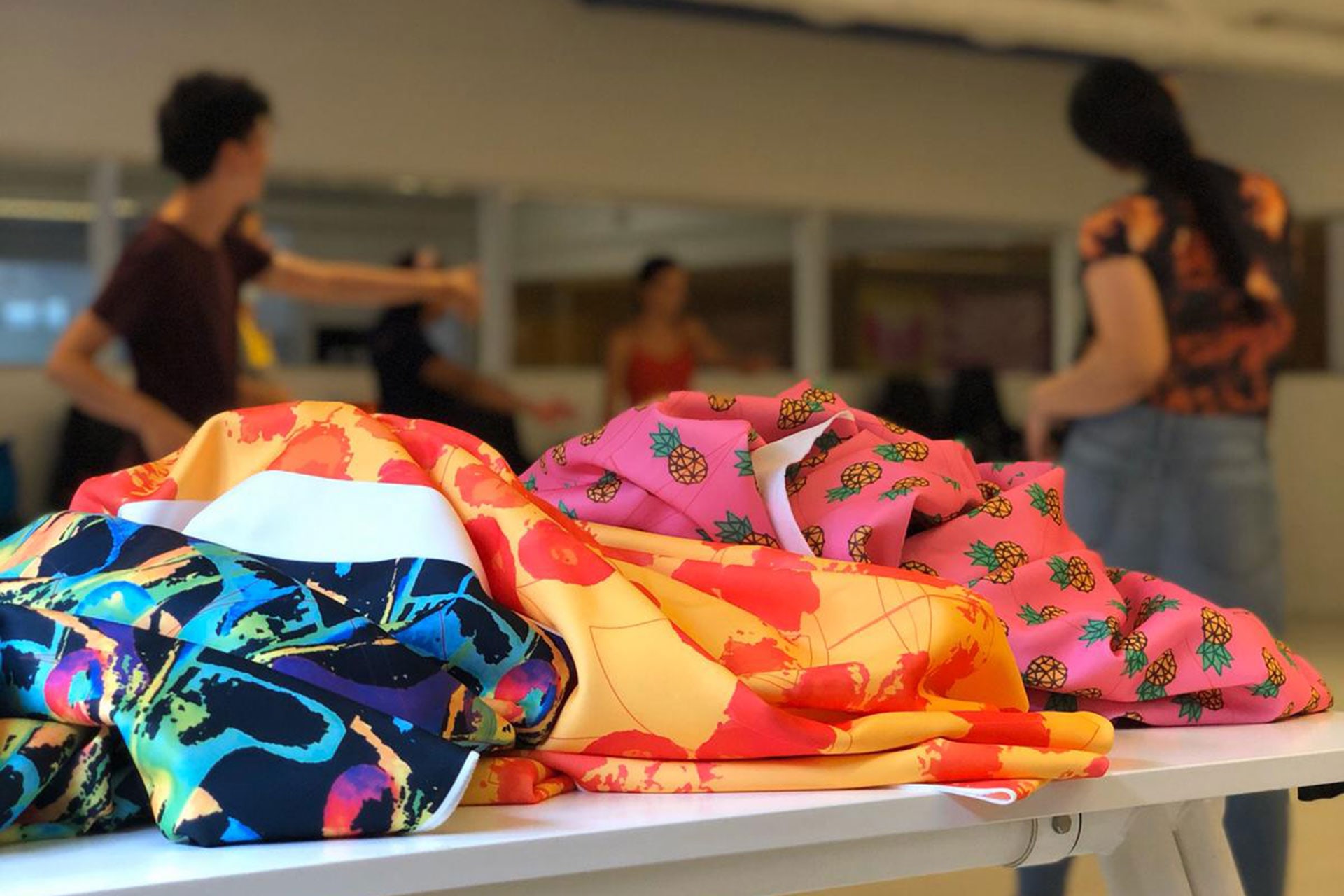This project seeks to promote the cooperation between collectives, institutions and entities that offer training courses in fashion, sewing, clothing recycling and design for groups in vulnerable situations such as migrants, refugees or other groups at risk of social exclusion.
We have detected that many professionals in Vocational Education and Training (EFP), who work with vulnerable groups, lack the knowledge and resources necessary to deal with situations and needs such as:
- development of appropriate methodologies to create environments that favor creative and flexible learning based on practices, and that would help to improve the quality of the pedagogical process.
- We have also noticed deficiencies in the application of competencies related to understanding inter and multicultural contexts in courses with high presence of people from diverse backgrounds.
- We have detected a lack of protocols and mechanisms to foster collaboration and knowledge sharing between different organisations working in similar fields.
In order to respond to these needs, we have set the following OBJECTIVES:
- Strengthen international cooperation in the field of vocational education and training between different types of organisations whose work focuses on promoting labor inclusion of migrants and refugees in the areas of sewing, recycling, fashion and design.
- Design, implement and test a common training program for vocational education and training professionals focusing on migrants and refugees in the above-mentioned fields.
- Improve the access of migrants and refugees – who have been deprived from training spaces – to high quality project-based vocational education and training through flexible learning pathways with an intercultural perspective.
- Strengthen the use of mixed learning approaches that combine Massive Open Online Course (MOOC) with face-to-face pedagogies designed to foster the social inclusion of persons who are difficult to employ (DTE) such as migrants and refugees in vulnerable situations.
- Promote the professional development of vocational education and training professionals in NGOs, training centres and social enterprises to jointly implement innovative study plans that provide a common language between the competencies acquired in learning and the needs of the labor market.
